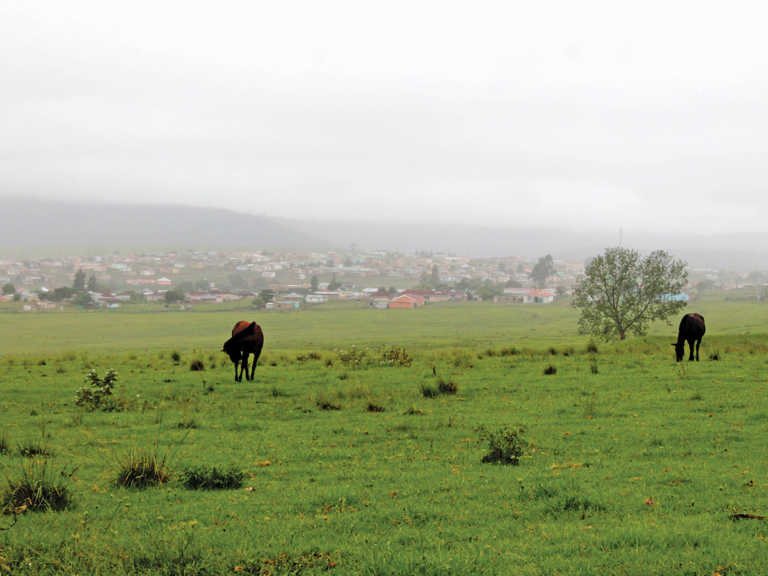
The financial sector has been asked to endeavour to develop a more “compassionate” approach for the financing of new farmers.
READ ‘Drought has created a perfect storm for SA banks’
According to Mike Mlengana, director-general for the Department of Agriculture, Forestry and Fisheries (DAFF)‚ lack of access to financing was one of the key challenges facing smallholder producers and he believed the private sector had an important role to play in addressing this problem.
Mlengana delivered the keynote address at a recent consultation session on DAFF’s draft Comprehensive Producer Support Policy in Benoni.
The policy is aimed at consolidating the support services available to producers from both the government and private sector players.
Agbiz head of legal intelligence, Theo Boshoff, who attended the session, explained in a statement that aside from strengthening the delivery of extension services through public-private partnerships, the policy would seek to introduce a sliding scale for direct financial support.
READ Agri training falling further behind
“Household producers on the smaller end of the scale will receive the greatest degree of government support with the smallest degree of own contribution expected, whilst the focus for emerging commercial producers will be on providing government funding as part of a blended finance package assuming risk for the commercial portion,” Boshoff said.
In order to provide a ‘launchpad’ for new farmers, Mlengana suggested the development of blended financing models, made up of grant funding provided by government and borrowed capital provided by a bank, that offered a three-year-long repayment holiday on credit, for example.
READ Emerging farmers must be empowered
Financial institutions cannot just sit back and wait for farmers to achieve a certain level of success and only appear on the scene at that point, expecting that farmer to then become a customer, he said.
“Look at the potential of the person. Don’t just say, I will fund this farmer tomorrow.”
However, he said, before a farmer could receive financing, he or she should have a sound business plan in place.
READ Grain SA initiative to help farmers get financing
A novel aspect introduced by this policy, said Boshoff, was the creation of a comprehensive farmer register.
Registration has already commenced late in 2018 and will serve as a prerequisite to receiving government assistance under the policy.
“This step is designed to prevent ‘double dipping’ between the assistance provided by various government departments,” according to Boshoff.
Join the Farmer’s Weekly News WhatsApp Group for daily news updates.










